Minicurso Fundamentos da Catálise Homogênea
Data: 02/10/2023
Horário: 9h-12h
Idioma: Inglês
Local: Anfiteatro Prof. Paschoal Senise (Bloco 6 superior) — IQUSP
Público: alunos de graduação, pós-graduação, pós-docs e pesquisadores
Ministrantes:
Profa. Carmen Claver (CV)
Prof. Sergio Castillón (CV)
3- Síntese e propriedades de ligantes.
Horário: 14h-16h
Local: Anfiteatro Prof. Paschoal Senise (Bloco 6 superior) — IQUSP
Title: “Homogeneous and heterogeneous metal catalysts for CO2 transformation”
Summary: The introduction of the talk deals with the interest of CO2 transformation as a very attractive C1 source to obtain both chemical products and fuels. The first part focus on the CO2 transformation into cyclic carbonates using Zn complexes containing diamino pyrrolidine-based ligands and the CO2 catalysed transformation into polycarbonates using Co complexes containing salen related ligands. Mechanistic aspects related to the selectivity are considered. Hybrid metalloporphyrin (based on Mn and Cr) supported on magnetic NPs are used as catalyst for cyclic carbonates formation. The second part of the talk deals with the catalytic CO2 hydrogenation into formates catalyzed by ligand-caped supported palladium nanoparticles synthesized in presence of supports of different nature.
15h - Prof. Sergio Castillón
Title: “Catalytic and stoichiometric methods for diene aziridination: metal nanoparticles- catalyzed phosphine labeling”
Summary: Silver-catalyzed Intermolecular and rhodium-catalyzed intermolecular diene will be presented. This reaction was also performed using iodine hypervalent reagents such as PhIO. Organocatalyzed kinetic resolution allows to get enantioenriched compounds. This method is compatible with flow. Ruthenium and rhodium nanoparticles were prepared from metal complexes and used in deuterium labelling of phosphines. The influence of the metal, stabilizer and phosphine structure in the yield and selectivity will be analyzed.

